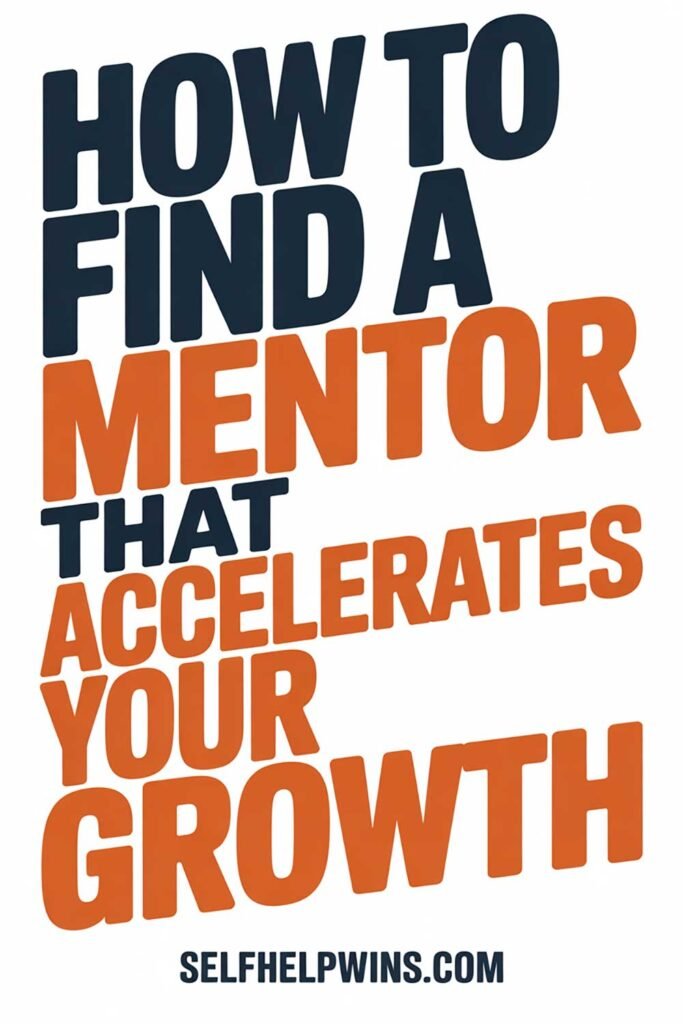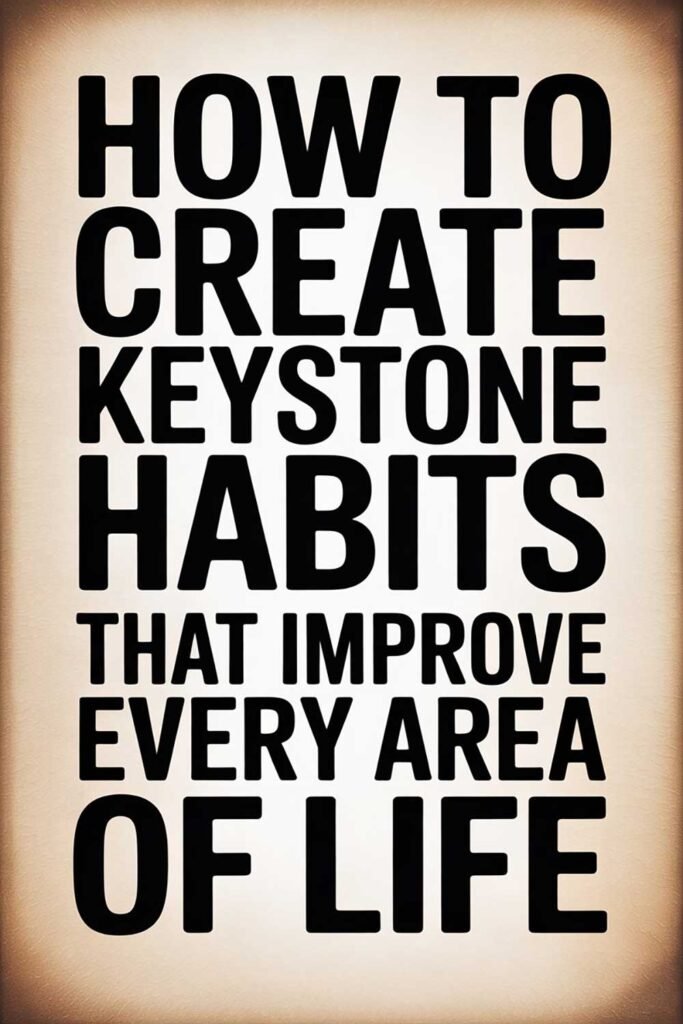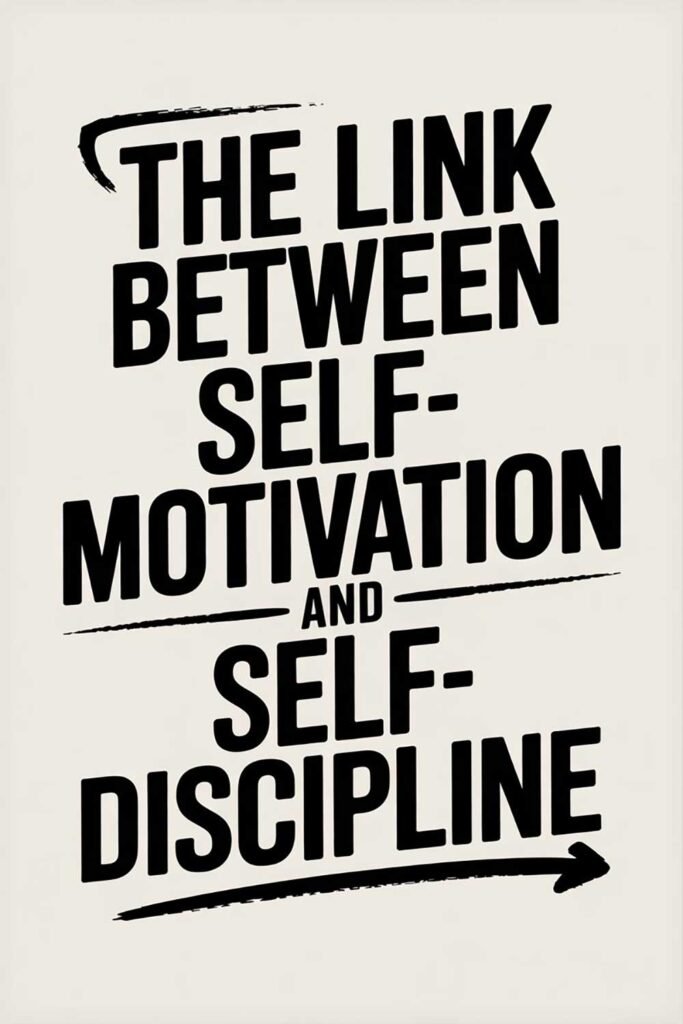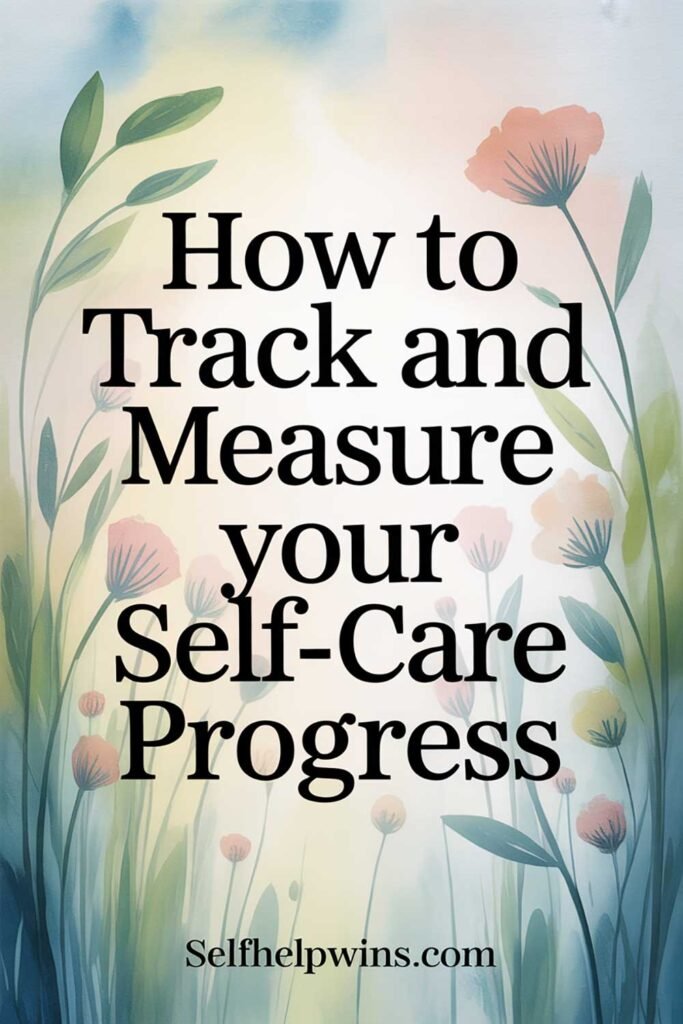
If you know someone who could benefit from this article, please share it with them. Understanding and improving emotional intelligence can transform relationships, communication, and personal growth.
Emotional Intelligence: What It Is and How to Develop It
What Is Emotional Intelligence?
Emotional intelligence (EI), often referred to as EQ (Emotional Quotient), is the ability to recognize, understand, and manage your emotions, as well as the emotions of others. It plays a vital role in personal and professional success by enhancing communication, empathy, and decision-making.

The Five Components of Emotional Intelligence
- Self-Awareness: Understanding your emotions and their impact on your thoughts and behaviors.
- Self-Regulation: Managing your emotions in healthy ways to adapt to situations.
- Motivation: Using your emotions to drive you toward goals with persistence and optimism.
- Empathy: Recognizing and understanding the emotions of others.
- Social Skills: Building strong relationships, communicating effectively, and managing conflicts.
Why Emotional Intelligence Matters
- Improved Relationships: Enhance empathy, trust, and understanding.
- Better Communication: Express yourself clearly and listen effectively.
- Stronger Leadership: Inspire and motivate others while managing conflicts.
- Personal Growth: Build self-awareness and emotional resilience.
Signs of High Emotional Intelligence
- You can identify and name your emotions.
- You stay calm under pressure and manage stress well.
- You show empathy and understand others’ perspectives.
- You handle criticism constructively.
- You build and maintain strong, healthy relationships.
How to Develop Emotional Intelligence
1. Improve Self-Awareness
- Keep a Journal: Reflect on your emotions and what triggers them.
- Practice Mindfulness: Stay present and observe your thoughts and feelings without judgment.
- Ask for Feedback: Gain insight into how others perceive your emotional responses.
2. Enhance Self-Regulation
- Pause Before Reacting: Take a moment to assess your emotions before responding.
- Practice Stress-Reduction Techniques: Use deep breathing, meditation, or exercise to manage stress.
- Develop Healthy Coping Mechanisms: Channel your emotions into constructive actions.
3. Foster Motivation
- Set Goals: Break down large goals into smaller, manageable steps.
- Focus on Your “Why”: Connect your actions to your values and purpose.
- Celebrate Progress: Acknowledge milestones and achievements to maintain enthusiasm.
4. Cultivate Empathy
- Practice Active Listening: Focus on the speaker without interrupting or judging.
- Put Yourself in Others’ Shoes: Consider their emotions and perspectives.
- Ask Open-Ended Questions: Encourage deeper conversations to understand others better.
5. Build Strong Social Skills
- Communicate Clearly: Use assertive yet respectful language to express your needs.
- Resolve Conflicts Constructively: Address disagreements with empathy and a focus on solutions.
- Develop Teamwork Skills: Collaborate effectively and show appreciation for others’ contributions.
Practical Exercises to Boost Emotional Intelligence
- Daily Emotion Check-In: Spend a few minutes each day identifying your emotions and their causes.
- Empathy Journal: Write about an interaction where you tried to understand someone else’s perspective.
- Role-Playing Scenarios: Practice handling difficult conversations with a friend or mentor.
- Gratitude Practice: List things you’re thankful for to shift focus to positive emotions.
Benefits of High Emotional Intelligence
- Workplace Success: Better teamwork, leadership, and conflict resolution.
- Personal Fulfillment: Enhanced relationships and self-understanding.
- Resilience: Improved ability to navigate challenges and adapt to change.
Picture This
Imagine navigating life with confidence and empathy. You understand your emotions and respond to challenges with calm and clarity. Your relationships flourish as you connect with others on a deeper level. Emotional intelligence becomes your superpower, opening doors to personal and professional success. What step will you take today to enhance your emotional intelligence?






